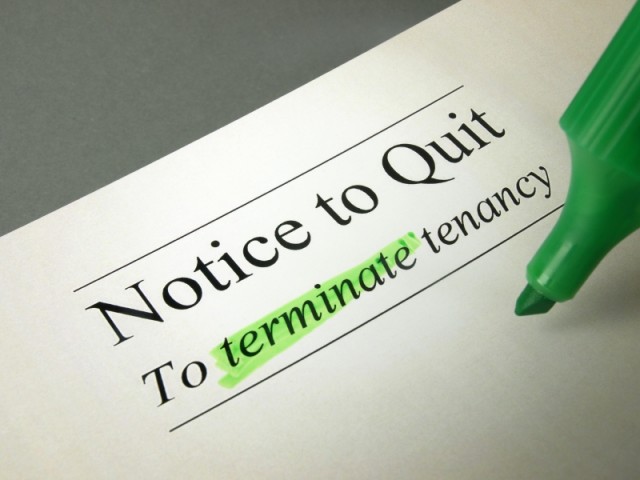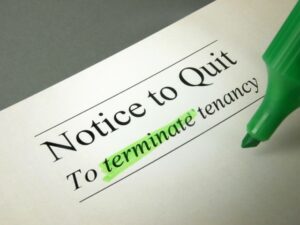A Landlord’s Guide to Tenancy Deposits and Rent Arrears

As a landlord, you must understand the law regarding tenancy deposits and how failing to comply can affect your rights to reclaim rent arrears.
If your property is rented on an Assured Shorthold Tenancy (AST) that started after 6th April 2007, you must protect your tenant’s deposit in one of three Government-approved schemes under the Housing Act 2004.
Once you have received the deposit from the tenant, you have 30 days to protect the funds and provide your tenants with the prescribed information. This includes:
- The address of the rental property
- How much deposit has been paid
- How the deposit is protected
-
A Landlord’s Guide to Tenancy Deposits and Rent Arrears
The name and contact details of the tenancy deposit protection scheme and its dispute resolution service
- Your (or your letting agent’s) name and contact details
- The name and contact details of any third party that’s paid the deposit
- Why you would keep some or all of the deposit
- How the tenant should apply to get the deposit back
- What the tenant should do if they can’t get hold of you (or your letting agent) at the end of the tenancy
- What the tenant should do if there is a dispute over the deposit
Providing the prescribed information to the tenant is as important as protecting the deposit, as failing to comply with these rules will make you liable for a fine. If you do not protect the tenant’s deposit or provide the prescribed information, your tenant can claim the return of the deposit, or a judge can order its return on their behalf. Additionally, you will face a fine of between one and three times the deposit amount.
Section 21 notices
However, failing to follow tenancy deposit laws will also prohibit you from using a section 21 notice to evict your tenant. This means that if your tenant falls into rent arrears, you will not be able to get them out of your property using a section 21 notice, which allows you to begin the accelerated possession procedure, if you have not correctly protected their deposit. If you do wish to recover your property, you will have to return the deposit to the tenant first.
If you wish to try and recover the rent arrears, you must also be aware that you cannot use the deposit to do so if it is not protected.
Section 8 notices
Despite this, you are still able to use a section 8 notice to seek possession of your property if you do not protect the deposit, so long as you establish a ground for possession, such as rent arrears. However, be aware that the tenant may still claim for the penalties in respect of the tenancy deposit law breach.
If you do decide to issue a section 8 notice, you must prove to the court that you have grounds for possession. For rent arrears, ground 8 is the most commonly used ground. To use this order, your tenants must be in at least two months’ rent arrears if they pay monthly, or eight weeks’ rent arrears if they pay weekly.
The tenant must also be in rent arrears when you give them notice and when the case is heard in court for the notice to be valid.
The three Government-approved deposit protection schemes are:
- Tenancy Deposit Scheme: https://www.tenancydepositscheme.com
- Deposit Protection Service: https://www.depositprotection.com
- My Deposits: https://www.mydeposits.co.uk
Don’t be caught out if your tenants fall into rent arrears!
Disclaimer: This article is for information only and is not official guidance, FCA approved, or legally precise. Just Landlords has used all reasonable care in compiling the information but make no warranty as to its accuracy. If you require information on landlord legislation or best practices please contact your legal representative. For details see our conditions.





